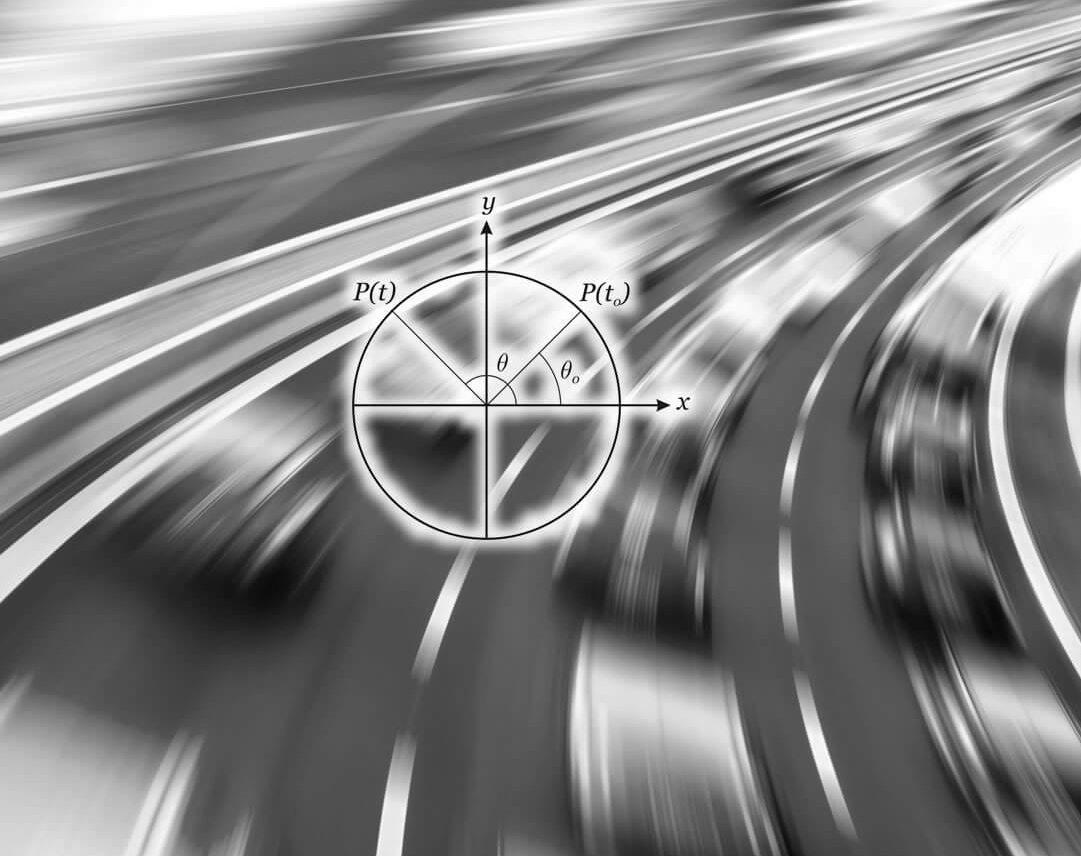 The reflex action is a action that results from the reflex arc and that consists of a response to a stimulus that is characterized by its involuntary nature, that is, they are not motivated by the will of the person emitting them. Whenever a sensory receptor is stimulated by something, the so-called reflex act will occur. If we inadvertently put our hand on an object that is very hot, immediately, the body's response to feeling the maximum heat will be to quickly withdraw the hand from that place.
The reflex action is a action that results from the reflex arc and that consists of a response to a stimulus that is characterized by its involuntary nature, that is, they are not motivated by the will of the person emitting them. Whenever a sensory receptor is stimulated by something, the so-called reflex act will occur. If we inadvertently put our hand on an object that is very hot, immediately, the body's response to feeling the maximum heat will be to quickly withdraw the hand from that place.
This phenomenal speed that characterizes the reflex action and that in no way could occur in the conscious actions of our brain, facilitates an immediate action in the face of something that normally implies a threat for the person, a physical harm.
The question works like this: the sensory neuron is the one that will receive the stimulus in question and sends that information to a reflex center that is located in our spinal cord. Once here, the latter will re-transmit it to a motor-type neuron, which is responsible for responding to the stimulus, producing the corresponding muscle movement.
Meanwhile, the reflex arc, which is the pathway that controls the emission of a reflex act, is made up of a series of structures in the nervous system, such as neurons, effectors and receptors.
Normally it is stimuli such as blows or pain that will trigger the reflex act, the sensory neuron picks up the stimulus and an involuntary response to it will result. It should be noted that it is automatic there is no intervention of the conscience in this case.
It is also important that we mention that not all individuals respond the same to stimuli with which some may respond more quickly to a stimulus while others take longer to respond. Many times the force of the blow that is received, in case it is precisely a blow that triggers the reflex action, will be decisive in the response that is given.









